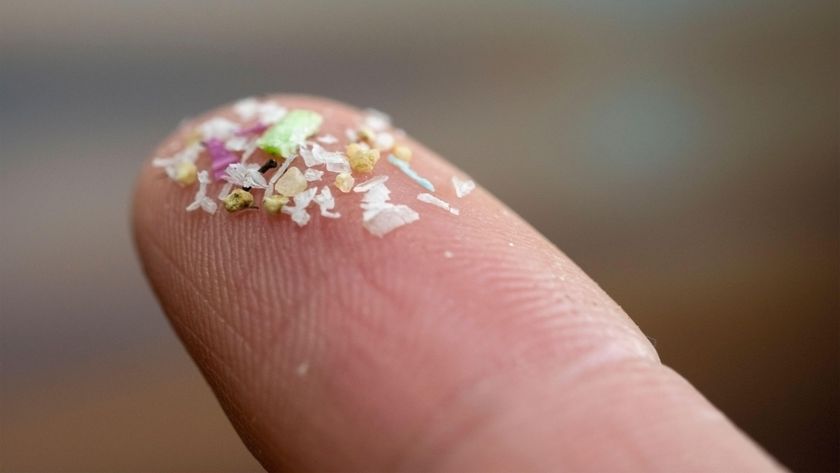Brain Development Lags in ADHD Kids

Children with ADHD experience a developmental delay in areas of the brain important for controlling action and attention, a new study shows.
Researchers at the National Institutes of Health studied 234 children with ADHD (attention-deficit/hyperactivity disorder) and 231 normally developing children, scanning each of their brains up to 4 times from age 10 to 17.
The surface area of the cerebral cortex — the folded gray tissue that makes up the outermost part of the brain — grows during childhood. But the scans showed that this process was delayed in frontal brain regions in the group of children with ADHD.
For example, in normally developing children, the right prefrontal cortex reached half of its peak area at a mean age of 12.7 years. But the children with ADHD children didn't reach that mark until 14.6 years.
"As other components of cortical development are also delayed, this suggests there is a global delay in ADHD in brain regions important for the control of action and attention," Philip Shaw, of the National Institute of Mental Health, said in a statement.
The researchers, who published their report in the journal Biological Psychiatry, previously found that the thickening process of the cortex — another important step in brain maturity — is also delayed in children diagnosed with ADHD.
Their findings might push scientists to search for the root of this delay and look for genes that control the timing of brain development in the disorder, which could open up new targets for treatment, Shaw explained.
Sign up for the Live Science daily newsletter now
Get the world’s most fascinating discoveries delivered straight to your inbox.

Most Popular





